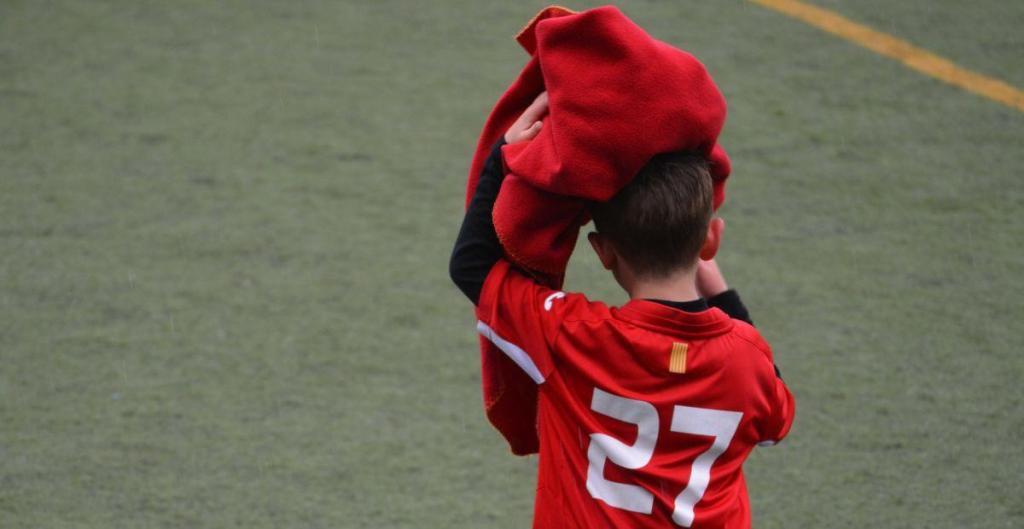One of the hardest parts of parenting is discerning when to push and when to pull back, when to stand firm and when to back off, when to make kids do things and when to let them make their own decisions. You want your children to build the virtues of perseverance and resilience, but you also want to encourage independence and decision-making. Depending on the personalities of your kids, those lessons can be really tricky to balance.
Some things are non-negotiable, of course, such as household chores, pet care and seatbelts. But a sport or activity a child has chosen to do is a different story. It’s almost inevitable that a child will want to quit something at some point, which is sometimes the right thing to do and sometimes isn’t. How do we as parents determine—or help our kids determine—whether to have them stick with piano, karate, soccer, Scouts… or let them quit?
Former Olympic gymnast Nastia Liukin has shared her thoughts about quitting or wanting to quit when the going gets tough, which inspired some viral parental advice.
Perkins Music Studio shared a series of infographics from Big Life Journal outlining Liukin’s advice, which has been shared more than 11,000 times on Facebook. The beauty of it is in its logic and simplicity (in addition to the fact that it came from someone who understands persevering through difficulties).
The advice reads:
“Imagine your child comes back from a practice and says: ‘I hate karate! It’s too hard. I don’t want to do this anymore!’ Just tell them this: ‘Okay, you can quit. But not today.’ Then explain: ‘We all have bad days when we want to quit. When something feels hard, our brain and body resist because they want us to be comfortable. But if we quit on a bad day, we will never become great at something and we might regret this later.’
‘So here’s the deal. You can quit on a good day. When you have had a successful day and still want to quit, let’s talk.’
“This approach normalizes struggle (which builds resilience) and honors your child’s choice if they want to try something else.
“We all have these days when it’s just too hard. To build resilience, adopt this mantra: Never quit on a bad day.”
As a mom of three, I’ve been through the kid-wanting-to-quit dilemma too many times to count. Sometimes it’s clear that an activity just isn’t a good fit for a kid and the choice is simple. Sometimes others are relying on a kid not quitting, such as in a lot of team sports, so it’s wise to at least push through to the end of a season or at least through a predetermined date. Oftentimes, it really is just a rough day or a rough patch they’re going through, and in that case the “only quit on a good day” advice is so helpful.
If a kid isn’t having any good days, only bad ones, that’s hard. Some things just aren’t right from the get-go, and if a kid is consistently hating what they’re doing, pushing them to continue seems a bit cruel. However, it could be that the kid is having trouble getting adjusted to something new and just needs time. It can also be tricky to determine how much of the issue is incompatibility with the activity versus incompatibility with the people involved (or leading) the activity.
From my own experience, if a kid wants to quit, those feelings are real in the moment whether quitting is really the right thing or not. We’ve always been understanding and sympathetic, but usually had our kids stick it out for a bit to see if things got better. If it didn’t get better, then they could move on to something else. There’s no shame in stopping something that isn’t right for you, whether you’re young or old, in a sport or in a job. In fact, that’s just as important a life lesson as learning to persevere through difficulties.
But I do wish I’d had this advice to never quit on a bad day/only quit on a good day when my kids were younger. That would have made discussing and making these decisions a whole lot simpler for all of us.


































